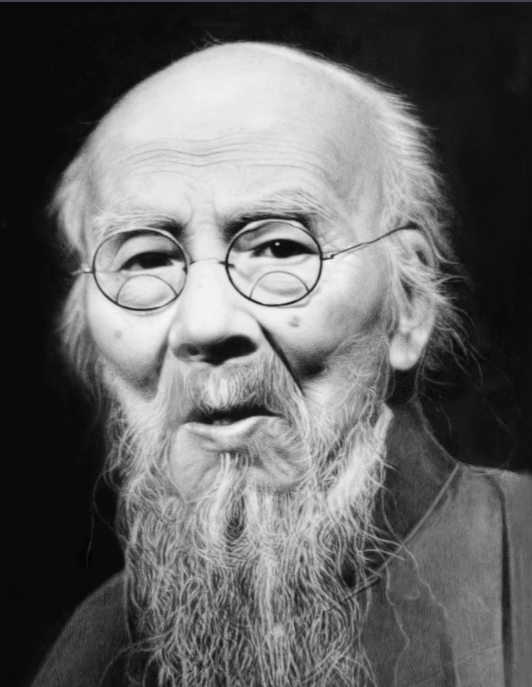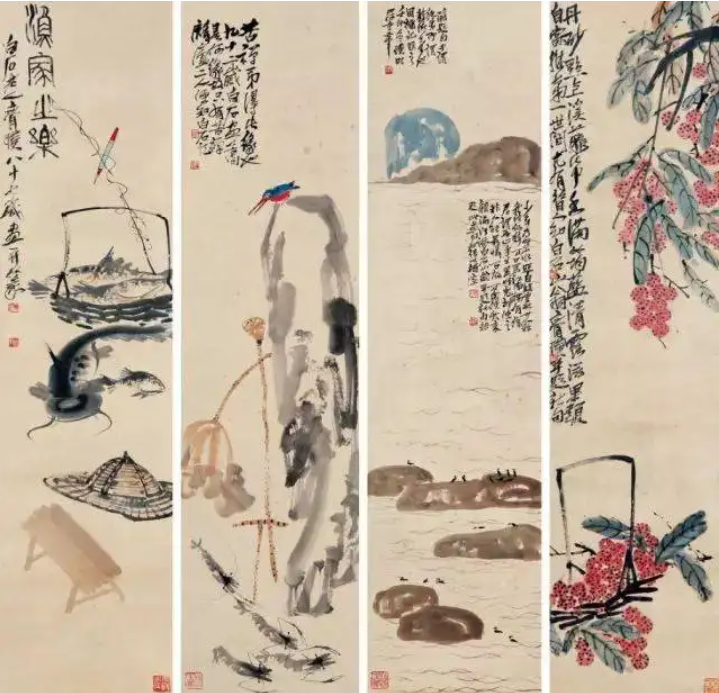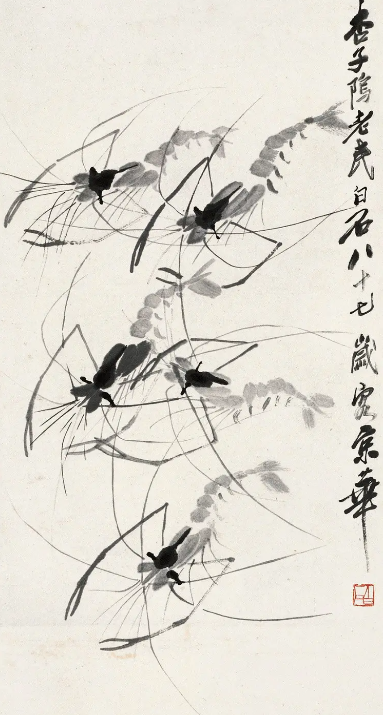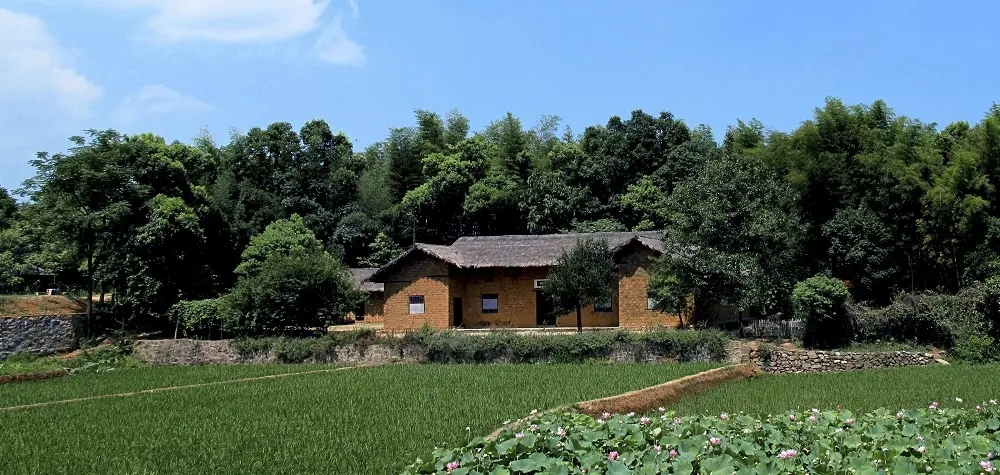Qi Baishi
2022-05-25

In his early years, Qi worked as a carpenter and later sold his paintings to support his family. He settled in Beijing after the age of 57. Flowers, birds, insects, fish, landscape and figures were his favorite subjects. Using heavy ink, bright colors, and vigorous strokes, he created works of a fresh and lively manner that expressed his love of nature and life. Qi died in Beijing on September 16, 1957 at the age of 94.

Qi Baishi was also adept at the arts of calligraphy, seal-carving and poetry. He once served as honorary professor of the Central Academy of Fine Arts, chairman of China Artists Association. His representative works include Ink Shrimp, Birds of Paradise, Qi Baishi’s Autobiography and so on. His artistic and cultural influence has brought boundless creativity and spiritual enlightenment to the latecomers.

Qi Baishi’s Former Residence, located in Xinghua Village, Baishi Town, Xiangtan County, is 1 kilometer away from 107 National Road and 50 kilometers away from the urban area of Xiangtan. The residence was announced as a cultural relic protection unit by provincial government in 1996. After restoration and addition of showrooms in September 2000, it was officially opened to the public in December 2001.At present, it is known as Qi Baishi’s Former Residence Cultural Scenic Area together with surrounding scenic spots.

This building founded in Xianfeng period in the Qing Dynasty features typical traditional farmhouse in central Hunan with earthen walls and thatched roof. Facing east, it covers an area of 200 square meters with 3 rooms in the middle and 3 in the north and the south respectively.
Qi Baishi, one of the world’s ten cultural celebrities, the World Peace Gold Prize winners and China’s modern art masters, was born here and lived here for 36 years, where he committed himself in painting, engraving, music and poetry. He learned from the local masters and made friends with the local celebrities, which laid a solid foundation for his later remarkable artistic achievements.
The residence is surrounded by lush trees, with the Xingdou Pond by the side that got its name from the legend that a meteorite fell here. When Qi was young, he would fish shrimps with cotton in the pond, where he got familiar with shrimps and start to draw pictures of them. In front of the farmhouse are small fields in which rice and lotuses grow. There is also the Qi clan ancestral hall nearby, where Qi would catch butterflies and insects with his neighbors in his childhood.


